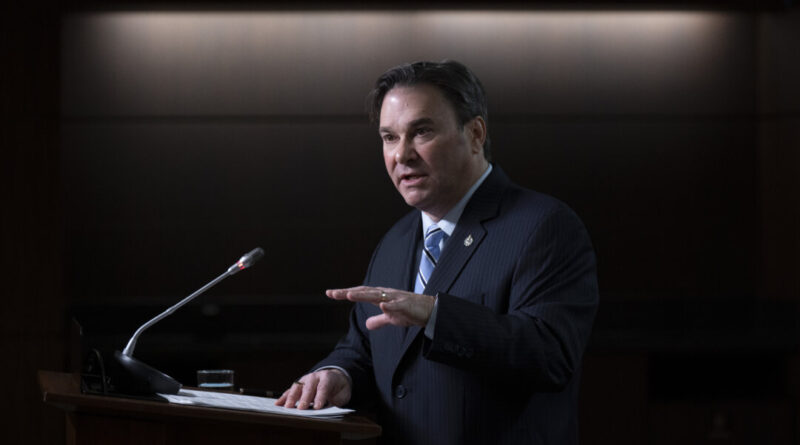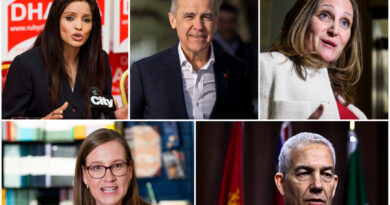NDP Aims for Rule Change to Achieve Official Party Status with Only 7 Seats
One of the seven NDP candidates who secured a victory in this week’s federal election announced that his party plans to present a proposal to Parliament for retaining official party status, despite losing 17 seats, including their leader’s position.
Don Davies, who maintained his seat in Vancouver Kingsway with 37.2 percent of the vote, told CTV’s Power Play that the criteria for achieving official party status is often “fluid and arbitrary.”
“Everything’s negotiable in politics,” Davies emphasized.
The NDP began the federal election campaign with 24 seats but saw their representation reduced to seven members following the April 28 election. In accordance with the Parliament of Canada Act, a party must secure at least 12 seats to maintain or obtain official party status.
Achieving official party status allows a party’s caucus to participate more frequently in question period, serve on parliamentary committees, and access funding for research offices, typically in proportion to their number of seats.
Davies contended that having NDP representation in Parliament, which includes receiving time during question period and seats on committees, is “critical” for holding the government accountable.
“I look forward to collaborating with my colleagues to develop a proposal we can present to Parliament when it resumes,” Davies added. “We’re open to all possibilities at this stage.”
When Power Play host Vassy Kapelos inquired if official party status should be earned, Davies responded that it “depends on the circumstances.”
“One point I’ve made is that the Liberals lack a majority, which means they will need the support of other parties,” he remarked. “This scenario necessitates negotiation with other parties, which I believe is significant.”
In addition to losing official party status, the NDP also saw the loss of its leader. Jagmeet Singh was defeated in his Burnaby Central seat, finishing third behind the Liberal and Conservative candidates in that B.C. riding. Singh received 18.1 percent of the vote, trailing behind the Conservatives’ James Yan at 38.7 percent and the Liberals’ Wade Chang at 42.1 percent.
Singh has since announced his intention to resign as party leader but will remain in the role until a successor is appointed.
Davies indicated that an interim leader will be appointed, following which the party will organize a leadership contest. He did not dismiss the idea of running for the leadership himself, stating that it “remains to be seen” if he will enter the race.
He acknowledged that while the leader does not need to be a member of caucus, it would be advantageous if they were.
“We have many excellent colleagues within our caucus who would excel in that role,” he stated. “We’ll see how things unfold in the coming days.”





